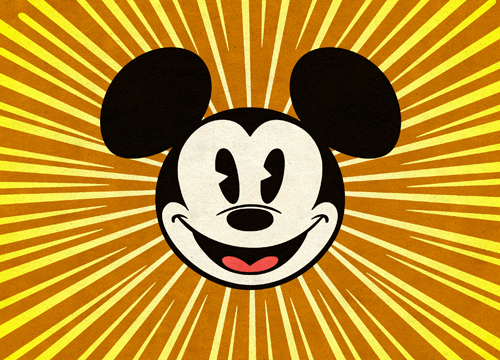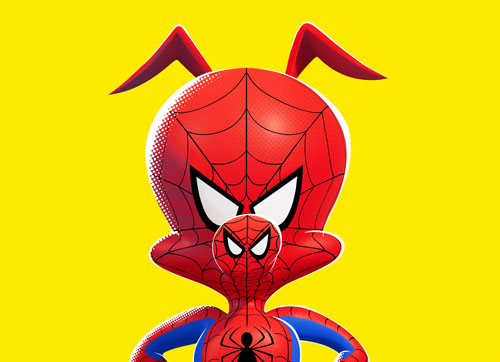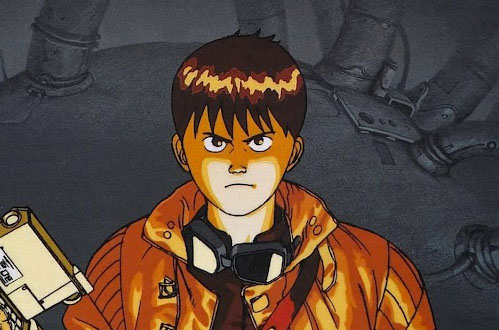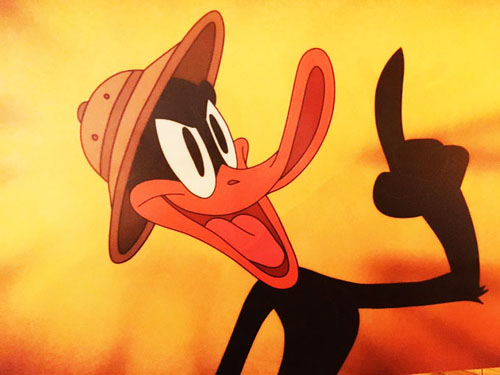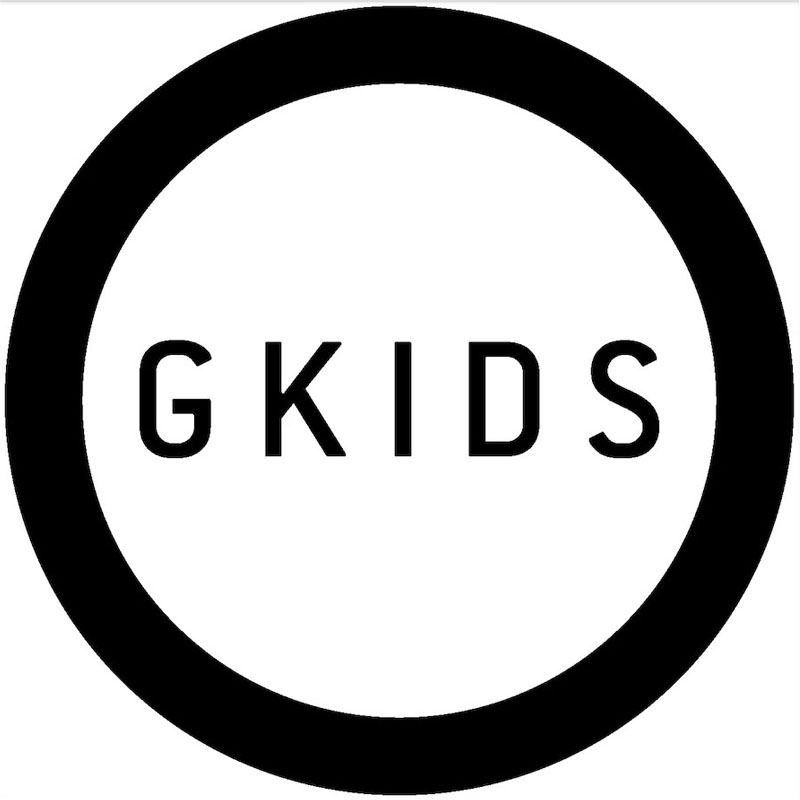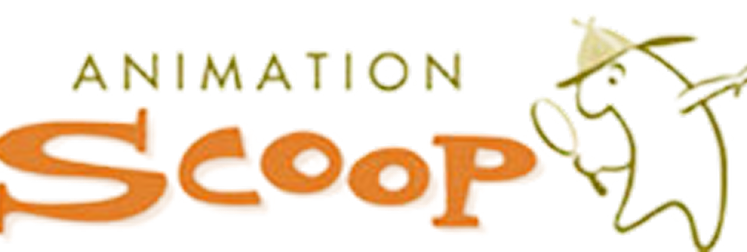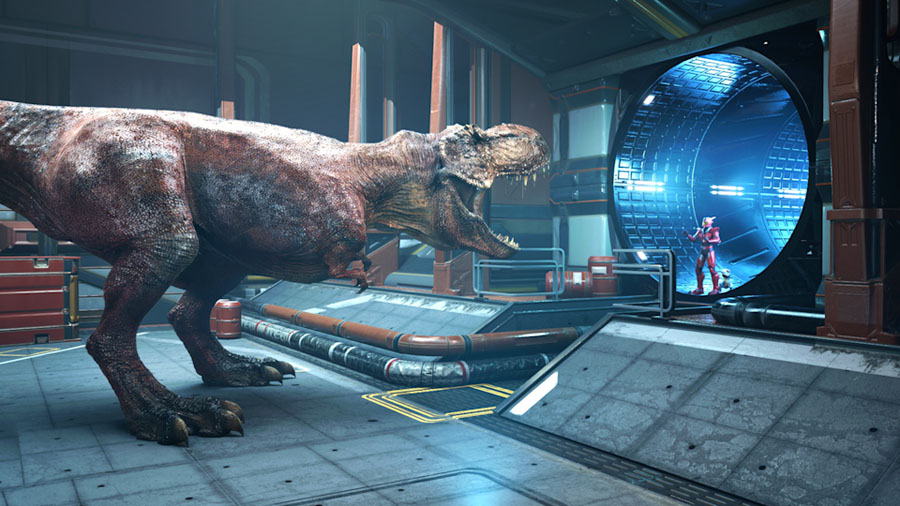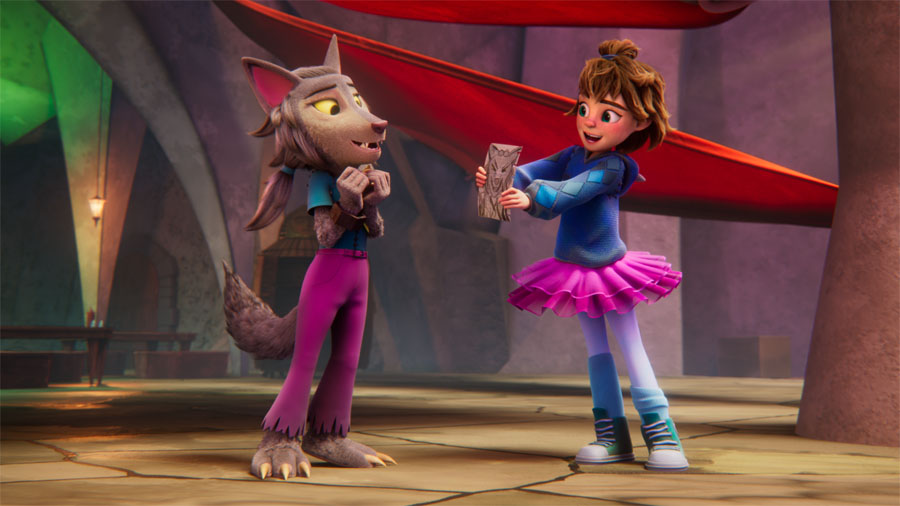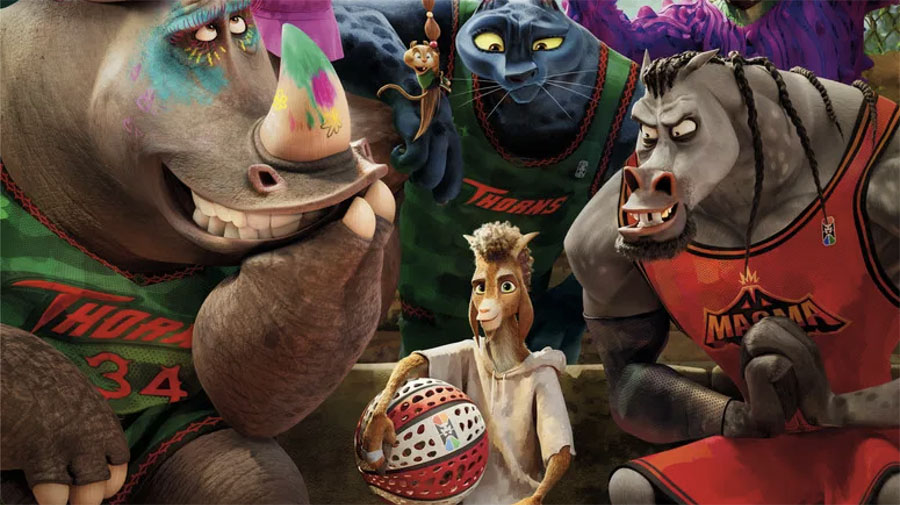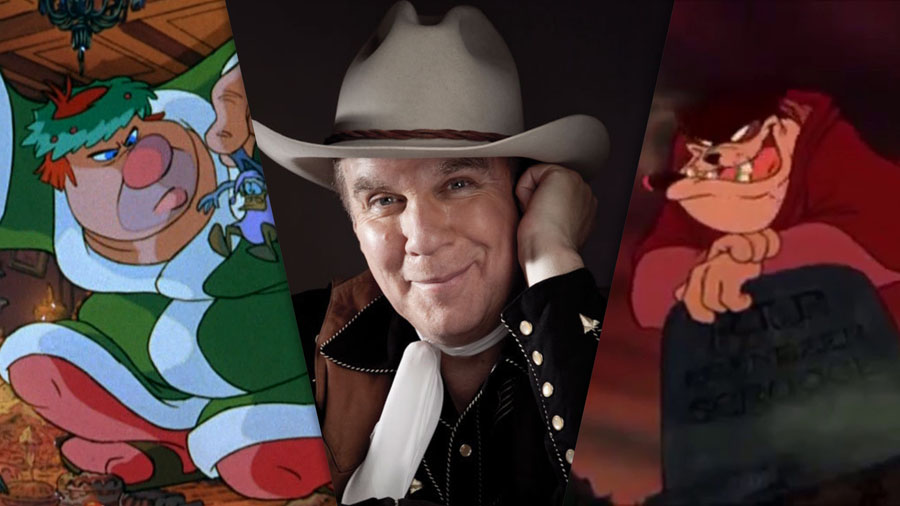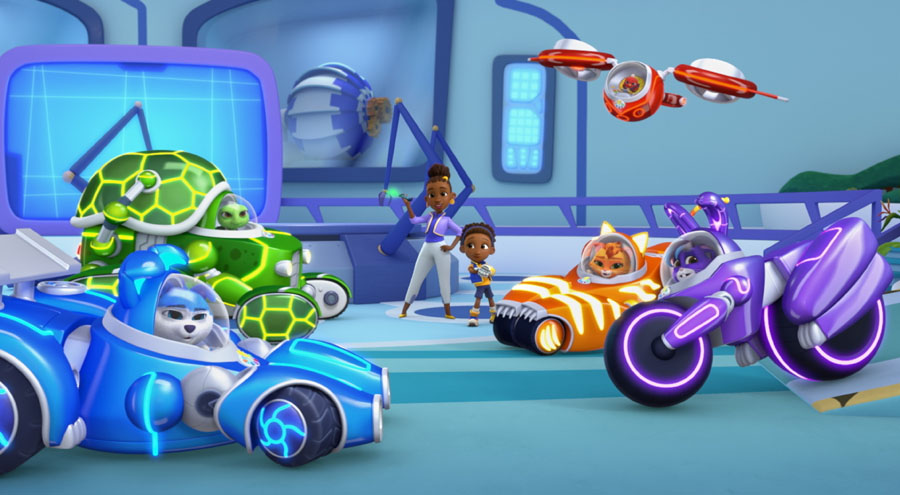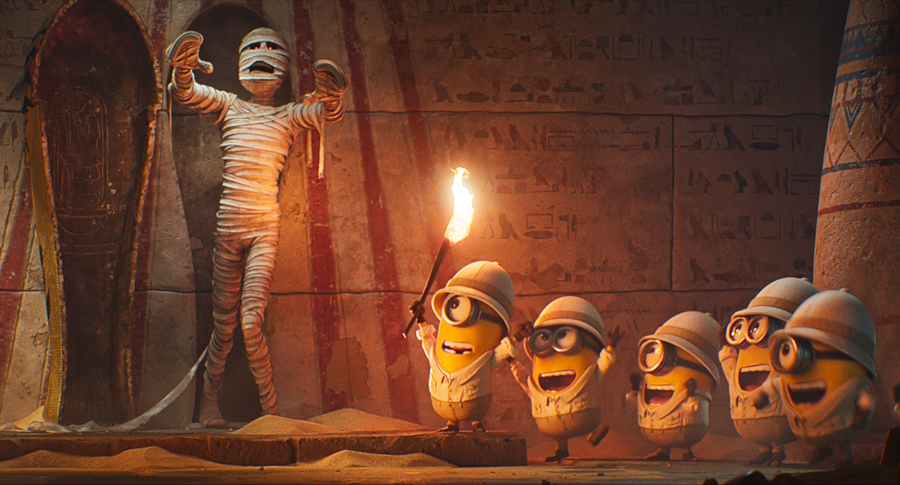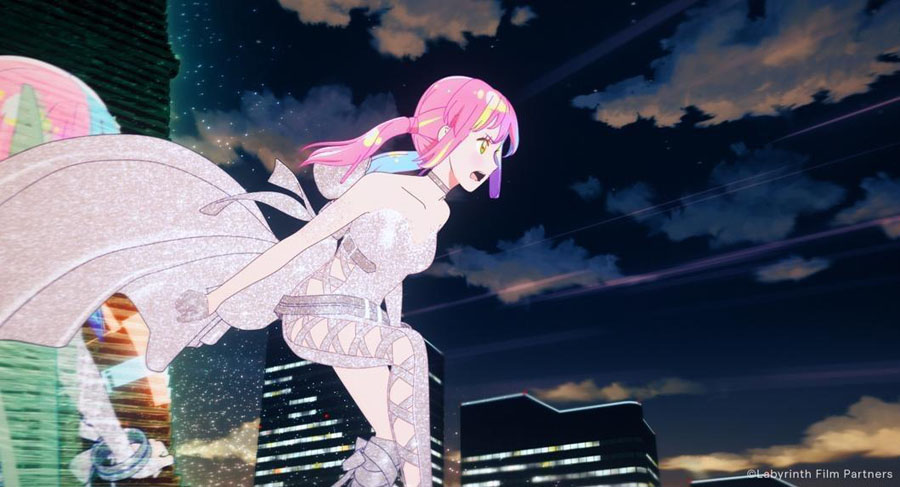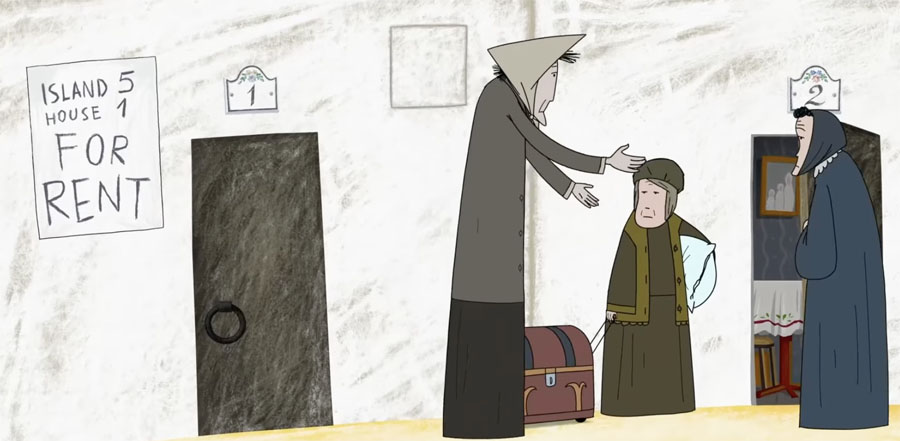Illumination’s Despicable Me is extraordinarily successful- aside from being one of the highest-grossing animated film franchises of all time. 14 years after the original film became an immediate hit, director Chris Renaud talks with Animation Scoop on the upcoming installment, reflecting on the global appeal, legacy of the characters, and the franchise’s lasting impact over the years. (This Animation Scoop Q&A was edited for length and clarity.)
Lauren Ashton: So Despicable Me as a franchise means so much to so many people. I was just thinking, when the first one came out, I was in middle school and I was really captivated by just the look of it. And then, of course, it became a smashing hit, which was so exciting. Now it’s been about 14 years since the first one. How does it feel to be a part of the fourth installment of something that’s been so massively successful in so many ways?
Chris Renaud: Well, it’s very gratifying. I mean, the audience has embraced these characters and these stories so wholeheartedly. With internet memes or, for example, somebody sent me a minion that was handmade in Belize. Across the globe, it’s just great. It’s got this kind of everywhere and nowhere feel. I think it’s also very transportable, and people around the globe can claim it as their own. There are very few things that actually operate that way- things like Star Wars have, certainly- but Despicable Me has had such a great global audience that’s taking ownership of it. As a kid, the things that I liked were comics and Star Wars, and as those worlds have expanded, people took ownership of them as well. So to have sort of been one of the authors of something like that has been truly gratifying.
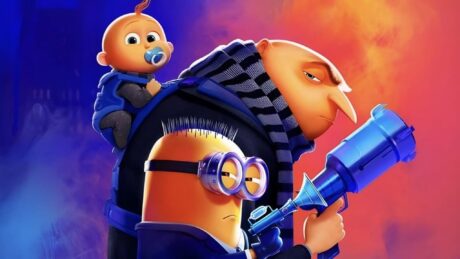
LA: You know, on the note of how it has a status globally, I feel like the minions are iconic on another level, right? I feel that perhaps on a worldwide scale, everyone probably knows and loves the minions because they don’t speak a real language!
CR: That’s what I mean! There’s a universality to them. When we first started talking about them, something we talked about was R2D2, who had a language that you kind of figured out. But you didn’t understand it. The minions have a language that is more sophisticated- or at least has more than one or two words. You feel what they’re saying, but you don’t know what they’re saying. The other aspect is the simplicity of the design. Anybody can animate or draw a minion, you know what I mean? There’s that accessibility both linguistically and visually, and of course, there’s also the behavior, which is sort of like Looney Tunes characters. They’re incompetent. They’re sweet. What’s not to love, I suppose!
LA: I think a good word for the world of the minions and Despicable Me is “special”. I remember, even before seeing the film, feeling that it was going to be something big.
CR: Yeah, one of the first trailers for Despicable Me had the minions with the cow toy, and I remember people were like, “What is that?” Because it was the first one that really featured the minions. And they were so weird and sort of out of left field. So it kind of drove some interest.
LA: I feel like that doesn’t always happen with projects.
CR: Where it happened for me- a big influence for the characters was the Scrat from the first Ice Age. In the trailer, it was very Warner Brothers in its sensibility. And there was nothing about the plot of the movie, it was just the Scrat on the ice. Very graphic. Simple. Very funny- pure comedy. Because I worked on Ice Age 2 and 3, it was definitely an influence in thinking about the characters of the minions.

LA: That’s also such a great body of work- so much fun. So, as we said earlier- it’s been 14 years, and as you know, technology can advance so much within even a couple of years, right? Do you feel that the world of animation has changed technologically in a way that’s given you more freedom as a creator?
CR: I would say that now, all of the conversations can be about creative decisions, whereas before, with the first Despicable Me, it was truly that we were a start-up, you know? It was just coming together. And we knew that we were in competition with the “big boys”, so it was more a question of “How do we take this little studio in Paris and bring the level up, so it stands next to the other studios out there?” In that film, we had to make decisions like avoiding water or avoiding certain things that were going to be technically difficult for us to obtain in our schedule or budget. Now we don’t really think about those limitations. If you look at the lighting and rendering now compared to then, it’s head and shoulders. It’s just a completely different vibe. So now what’s great is instead of watching for errors, it’s mostly just about creative decisions.
LA: Would you say that’s more satisfying for you?
CR: It’s definitely easier. With the first film, we were having discussions on how to animate Gru’s scarf, wondering if it was going to have to be hand-animated. We ended up with a procedural solution. But at first, we didn’t know how we were actually going to do it. And then there was the discussion of, “Do we even have the scarf”? Of course, now, it’s such an iconic part of the character. You can’t really imagine him without it. So again, you’re not having those kinds of conversations. You’re not saying, “Oh, can we have a scarf or not”? Now it’s definitely a simpler process.
LA: I mean, that’s a positive for sure. So now I’m thinking about some of the really big animated features that were iconic, like Toy Story, which is so great. Then perhaps there’s Shrek, in a different way. As time goes on, do you feel that Despicable Me could maybe have something like those legacies?
CR: I think it does, even now. To be honest, as far as becoming part of the culture, I think we’re there. I mean, we’re younger than those two things. And I have to agree with Andrew Stanton- I think the first Toy Story is structurally one of the best movies ever made, probably. Of course, they’ve taken those characters to super fun places, but that first one is just something special. Since it was a CG feature, nobody expected anything of it. Much like the first Despicable Me– I don’t think anybody had any faith in it, really, or even knew what they had! I think that Despicable Me is in that is in that echelon.
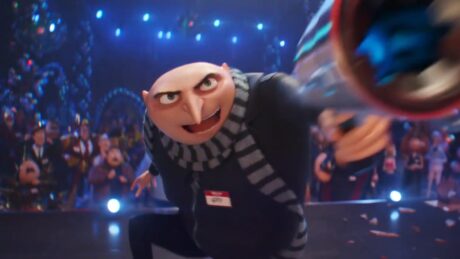
LA: I think it really is, in its own way. Speaking of iconic films and trailers- I remember that moment in my life, seeing that Despicable Me trailer. Now when the first Toy Story came out, I was a baby, of course, but there’s a home video of Christmas in 1995, and you can hear my grandmother say to someone, “Did you see that Toy Story? It was the best movie I saw in my life!” Not kidding. I think it’s really cool when something can have that impact, and Despicable Me is in that world, too.
CR: I think Despicable Me has been there from the beginning, but to your point, you know- where does it go? Will it be around in the future? You can never tell. Will it be around in 15 years? Hard to say. Part of it is trying not to drop the ball. When we get into sequel territory, it can be tricky, because you can potentially impact how people feel about the earlier stuff, if that makes sense. So you have to kind of be careful about how you handle the legacy of your own material. Like I said, you have to try not to drop the ball, which everyone is- everyone tries not to do that. But it can be a bit of a dance.
LA: That totally makes sense. I remember hearing that Walt Disney never made sequels for those classic films.
CR: Right.
LA: Obviously there’s a lot now, in recent years, but (I think Despicable Me is a great example of this) it can happen and be wonderful. Again, Toy Story: I think Toy Story 2 is great!
CR: I do too! And yes, sequels can be tricky, but look: ultimately one thing you have to bear in mind with all of this is that these are companies and studios that employ hundreds of people. An element of these movies is keeping people employed. You want to do something that’s going to be successful; obviously, you want an audience to engage in it, but there is that business element too. So we all understand why sequels get made, from that perspective. But then there’s also the other part of it where you’re delivering great characters to an audience that’s looking forward to seeing them again. So you try to balance those two elements in any creative endeavor.
LA: That’s a really good point. I think that in this industry we can understand that, but perhaps people outside of it don’t always see that aspect. I think that’s important to bring up. So my last thought: you are behind some of Illumination’s biggest, most impactful projects. In regards to your own work, how does this film in particular stand apart?
CR: I think for me, there’s a lot of nostalgia with this film. I’ve been working with Illumination for 16 years. Working with these characters that everyone came together for years ago; it was fun to come back to this group. I’m 57 now, and it’s just been such a big part of my life. I love looking at the photos of the film premieres, and seeing my kids grow up. My daughter was probably five when Despicable Me first premiered. And, of course, these films are such family films. Kids always come up to me and say what they meant to them when they were young. So with this particular film, I can’t help but have that kind of feeling of nostalgia, even during the making of it, when I think of it all from that point of view.
LA: That’s wonderful. I think in a way, that’s what it’s about to, you know? I think that the heart that goes into it is evident. I think that these characters that people love and resonate with have brought a lot of joy.
CR: Exactly, and hopefully we’ll be able to do it again when it comes out in July.
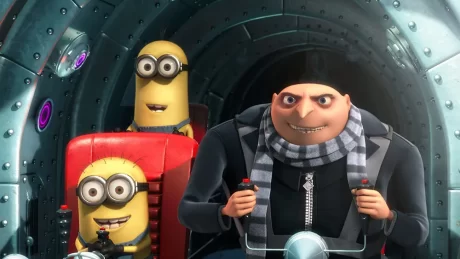
LA: Exciting! I think this has been an exciting year for animation. Since it had been kind of a rough time in our industry, as you know, last year with the strikes and whatnot.
CR: It has been, but I’m hopeful. It feels like in this tough time for the theatrical-going audience, animation is sort of regaining its footing. Coming out of COVID, people were wondering if families were going to come back. There are some glimmers of hope that we see out there. I’m hoping that people will keep coming back to the theater and enjoying it together.
Despicable Me 4 will be released in the United States on July 3rd, 2024.
